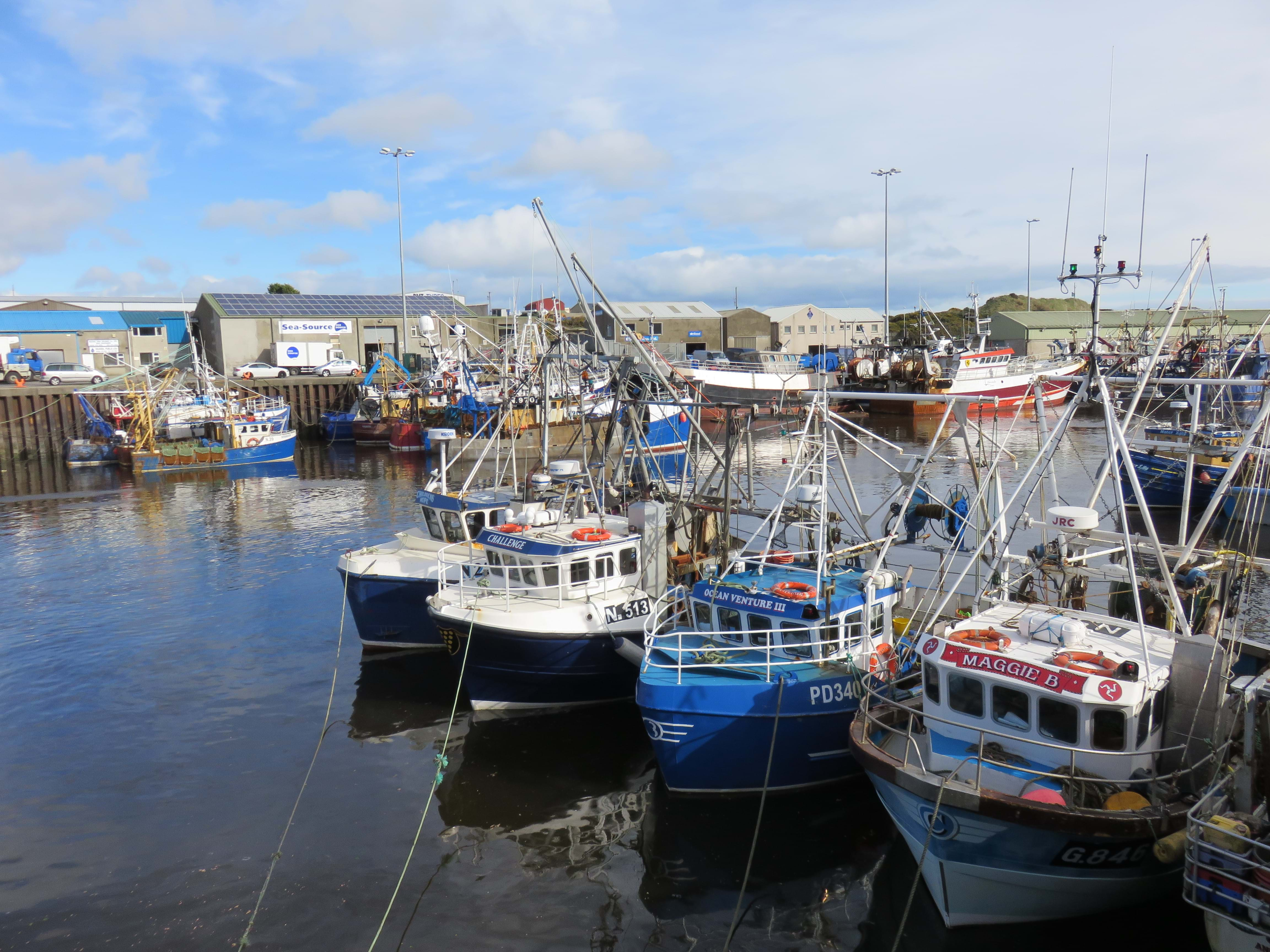The decision by the Isle of Man government to close three fishing sites in its waters by banning bottom trawling has raised concerns across the Irish Sea.
The closed areas are located within the Western Irish Sea Mud-belt, a vital habitat for various marine species, notably langoustines. Despite decades of extensive trawling, the area is recognised as one of the most disturbed areas of seabed in the North-East Atlantic, prompting the action to safeguard vulnerable species, internationally important habitats, and carbon deposits.
Michelle McIlveen, Member of the Legislative Assembly (Northern Ireland) and Democratic Unionist Party spokesperson for Environment, Climate and Fisheries, made a statement in the Northern Ireland Assembly where she criticised the closures.
In the statement, made in the Northern Ireland Assembly on 23 April 2024, McIlveen said that the closed areas had been fished by the Northern Ireland trawl fleet for generations. She went on to criticise the evidence put forward by the Manx Government and to call for compensation to impacted fishers and for a reversal of the decision.

The statement said: ‘The Manx Government’s evidence document admitted that they cannot accurately measure the value of the fishing area to our trawl fleet. It also recognised that the closed areas interfere with trawl patterns in ways that make even trawling adjacent to the closed areas unviable.
The Isle of Man Government purport to have done that to protect blue-carbon habitats, but the science does not support blanket trawling bans as an effective measure. It is suspected that the purpose of the closure is the Isle of Man’s proposal to establish a pot fishery for prawns where our vessels trawled. With Northern Ireland vessels out of the way, they have granted themselves a free run.’
Call for reversal of trawling ban decision
The statement from Michelle McIlveen continued: ‘The ban will cause financial stress for almost every trawlerman in Northern Ireland, and it will put pressure on the 1,850 full-time equivalents in our fishing industry and those that they support. It is imperative that DEFRA, in recognition of this devastating decision, provides some means of compensation for the loss and to support diversification, perhaps in the form of additional herring quota.’
‘I call on the Agriculture Minister to urgently meet his Manx counterpart to request that the position that has been taken be reversed, and to speak to the Secretary of State at DEFRA and the Fisheries Minister to discuss alternatives for our fleet.’
The Isle of Man government has said that the new measures will remain in place until December 2026, when research into blue carbon and seabed habitats is complete and a review of the trial fishery is expected to start.